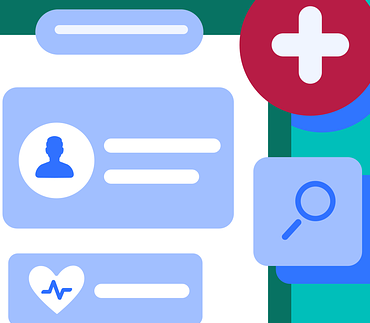The Covid-19 pandemic has brought the world to a standstill in many respects. How is it impacting senior adults who find themselves not only prohibited from going out and interacting with people -- not even the daily bazaar and the occasional visit to the bank -- but are even cut off from their children and near and dear ones. How does the senior citizen cope with these restraints? How does the senior citizen manage to keep smiling? Dr A. Basu puts things in perspective.
The world has come to a standstill because of the Covid pandemic. Human beings are social animals but are forced to practise social distancing in an attempt to cut the chain of viral transmission. This impacts their fitness, diet and other regimes.
Fitness:
Elderly patients, accustomed to regular morning and evening walks in the park or other outdoor exercise have no other option but to sit at home. This tends to impact their well-being. As a doctor I would, advise organisations like Support Elders to arrange for group video chats with a physiotherapists or yoga experts, who can show them basic exercises that can be practised at home.
If the members have a garden or a a little corridor like space in front of their homes, they can continue their regular walks over there, albeit with proper protection.
Frankly, restrictions on daily activities may cause more harm than the corona virus itself. The idea is not to panic but be cautious and to continue with daily health activities to the best of one's abilities. For diabetic patients, cancelling the daily walks is a sure 'no-no'. They can even use the treadmill, if they have one at home, to supplement the outdoor walks or compensate for the lack of it.
Diet:
Diet varies from person to person but for a healthy individual, daily diet must comprise sufficient quantities of veggies and fruits with restricted intake of animal proteins. A boiled egg white daily can surely help to boost the immune system. Fruits are always a better option than taking Vitamin C supplements. Only for those who cannot take too much of fruits (like diabetics and renal patients) or have a ban on intake of citrus fruits (like gastric ulcer patients), a Vitamin C tablet is a definite bonus. We mostly advise a mixed diet for lunch and a veg diet for dinner for the elderly.
Fluids:
Fluid intake also varies from person to person like the daily diet. For patients who have a renal or cardiovascular disease there is definitely some fluid restriction that should be maintained with utmost sincerity. For others, intake of 2.5-3.0 litres of fluid is very advisable. Fruit juice or green coconut (daab) water also helps a lot.
Oxygen saturation:
There is no specific way to increase the oxygen saturation. The saturation level will not decrease until and unless one has a pulmonary or cardiac problem. Since Covid-19 infections lead to a condition termed Happy Hypoxia (the individual seems fine even if the oxygen saturation level has gone down below 95%, which is the lowest normal value for a healthy individual), checking the oxygen saturation level once a day with the pulse oximeter can safeguard the elderly from sudden respiratory failure. However, one must not panic not check the oxygen level throughout the day. There are diseases in which the oxygen saturation level can be pretty low even if the individual has not contracted a Covid-19 infection, for example, COPD, hypotensive episodes, peripheral circulatory failure and such others.
Coughs and colds:
The best way to protect oneself from cough and cold during the monsoon is to avoid taking chilled drinks, using lukewarm water for drinking, bathing, washing and gargling thrice daily with lukewarm saline or glycoseptol solution. Inhale steam if there is any nasal congestion, avoid from sitting too close to the windows, especially when it is raining and take traditional remedies like tulsi or ginger tea.
Consult your physicians:
The best way to clear one's confusions is to take advise from one's physicians. In these days, telemedicine has gained a strong foothold in the world of medical practice. So never restrict yourself from seeking advice from someone who is certified to solve your health problems.



